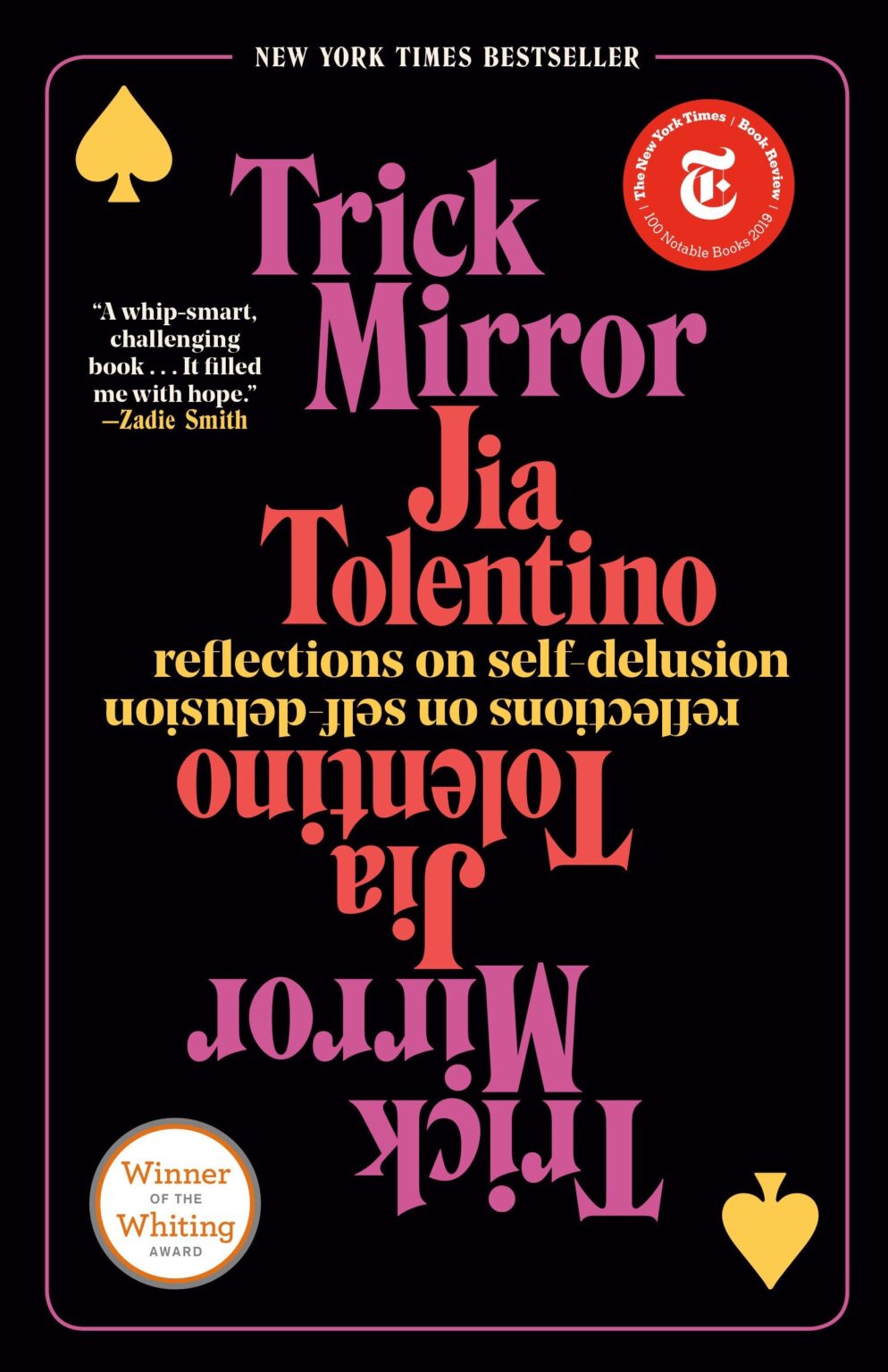

You may call this self-delusion, or in the words of New Yorker staff writer Jia Tolentino, the inevitable result of growing up in a time when femininity operates as a ‘trick mirror that carries the illusion of flawlessness as well as the self-flagellating option of constantly finding fault’. I am impotent, trivial, shallow, and stupid – and at the same time entirely convinced of my own importance. I do not know how to manage a savings account, and continually fail to girlboss my way to financial freedom despite Sheryl Sandberg’s best efforts. I can’t stop following the Riverdale actresses on Instagram. I spend too much money on Glossier products, despite knowing that the cool-girl beauty brand is snake oil for wannabe socialites. To live so far from the seat of power but feel it so intimately gives rise to a fragmented, ever-refracting selfhood that hates her particular slice of the world yet cannot help but feast on its scraps. Market-friendly femininity is created in boardrooms filled by people who do not care for its subjects at all. Silicon Valley and Wall Street and their international counterparts are both distinct but not dissimilar wellsprings of the worst forms of male delirium, and only appear to make room for women if they are preternaturally beautiful arm candy (Margot Robbie, imperious and magnificent, stamping a stiletto onto Leonardo DiCaprio’s forehand in The Wolf of Wall Street), girl-genius rebrands of iconic men (Elizabeth Holmes, forever in that Steve Jobs-inspired black turtleneck) or savvy can-do businesswomen who can play with the most vicious of them (Sheryl Sandberg, leaning into a void).


It is not incidental that these women are largely estranged from the seats of power behind these worlds, as formative as these industries may be to their psychologies. Talk about the fates of young professional women today and you will often alight on two themes: the anxieties that come with living in the ‘digital age’, or the inescapability of ‘late capitalism’ and all its surreal portents.


 0 kommentar(er)
0 kommentar(er)
